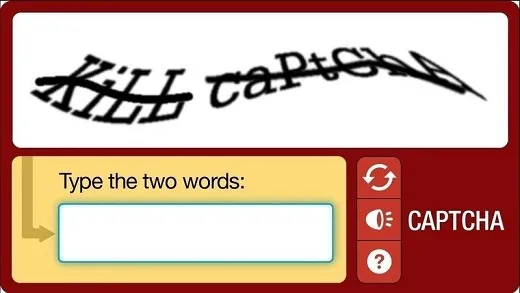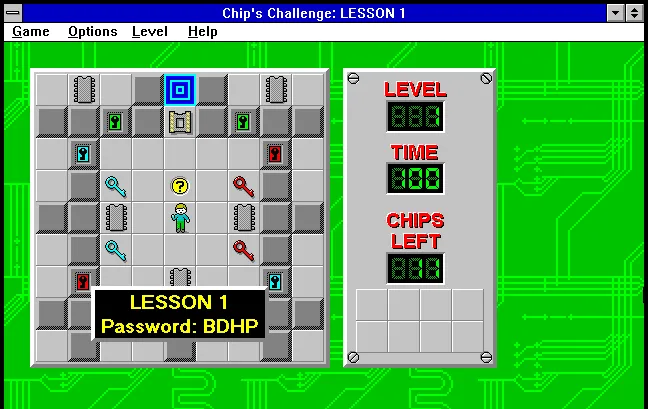
Remember those shitty Facebook farming games? I played one. It was called Empires and Allies. At first I thought it was different than all the other shit games. You could farm resources, but you could also attack people and take their stuff. I thought that was pretty cool.
In the end it was the same as every other garbage pay-to-win farm game. The battle strategy had an odd-point combat (rock, paper, scissors) system attached to it, but in the end it was just far too basic to implement any real strategy.
We know that these games are all the same. They hook a small percentage of players into spending a lot of money on the game to get ahead without waiting. This is the foundation of pay-to-win.
I want to implement the paid-to-play business model. With paid-to-play, the community owns the game, and there is no centralized entity sucking all the profits out of it. The people who pay for the game will effectively be employing the ones who don't. Considering Steem gives out free bandwidth on the blockchain, it is the perfect platform for such an experiment. No money will be lost to transactions fees. The the money that goes into the system will stay in the system. Zero waste, zero friction. This is the power of the Steem blockchain.

Okay, so lets say I make a farm game for Steem, and you can farm items that people actually want to pay for. This creates a massive incentive for bot programmers to farm the game with bots, effectively ruining the economy. Most game economies get ruined by bots, so how do we fight against them?
In my opinion, bots are not the problem. Bots simply point to the problem. Trying to ban bots is a band-aid solution. If we want to fight against bots, we must outsmart them.
When I first came to Steem I suggested that perhaps we should require every post to pass the Google reCAPTCHA test. This might be a good idea, but more likely it's a really bad idea. I could probably force players who use my software to pass a reCAPTCHA, but if I want to put the information directly on the blockchain then any bot programmer could simply post directly to the blockchain without using my software. I could create my own server, but then my app would no longer be decentralized. What to do, what to do.
In the end, do we really want to start building apps that are dependent on a Google technology? Seems like that foundation could crumble beneath our feet on a whim from a centralized corporation.

I believe the solution is community created puzzles. We can turn those boring CAPTCHAs into a minigame. It doesn't have to be annoying to prove you are a human; it should be fun and intimately linked with gameplay. If the community owns the game, then it is their responsibility to identify bots and refuse them rewards. We could pay the community to create the puzzles that keep bots out. Proof-of-brain is awesome.
Take https://lichess.org for example. This chess website's CAPTCHA is a chess puzzle. Smart. That's how it's done right there.
In a Steem farm game we could require every action to be accompanied by solving one of these puzzles. In my view it would be a round-robin of a bunch of different types of puzzles so players wouldn't get bored or annoyed. We could even steal a few of them from lichess.org if we were so inclined.
There are tons of puzzle games out there to draw from, and it wouldn't be that hard to make our own puzzles using a previously designed platform, or create our own platforms entirely.

This is Chip's Challenge, a Windows XP game. It would not be hard to clone this game and use a level as a CAPTCHA. In doing so, we would also have the game to simply play straight up without using it as a CAPTCHA. The possibilities are endless.
There are a myriad of turn-based puzzle games that could be used for CAPTCHAS. It would be damn near impossible for a bot programmer to keep up with an entire community dedicated to creating puzzles that keep bots out.
Less QQ more pew pew.